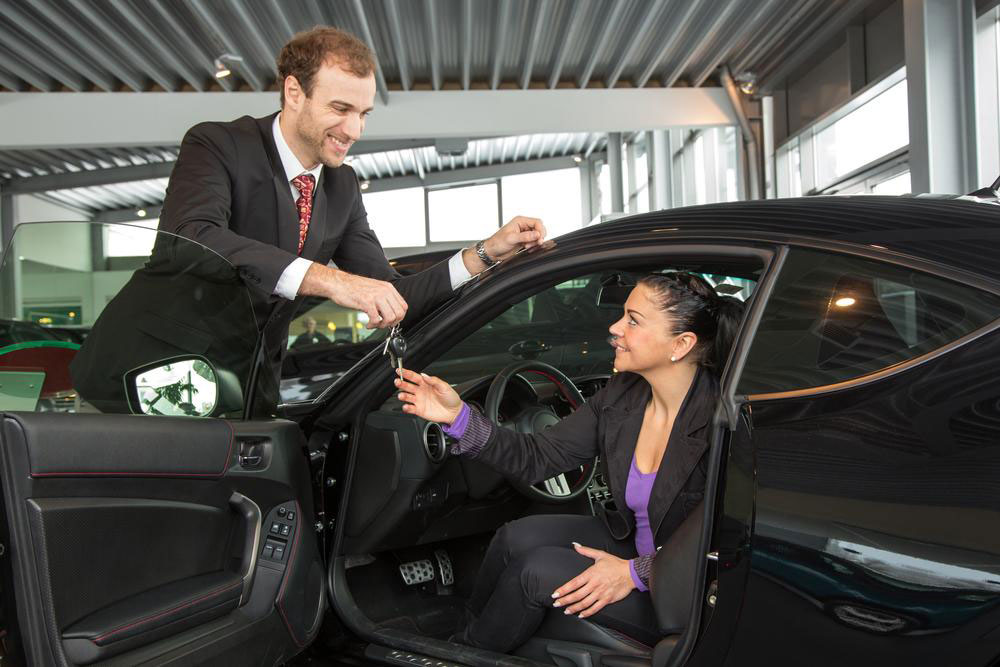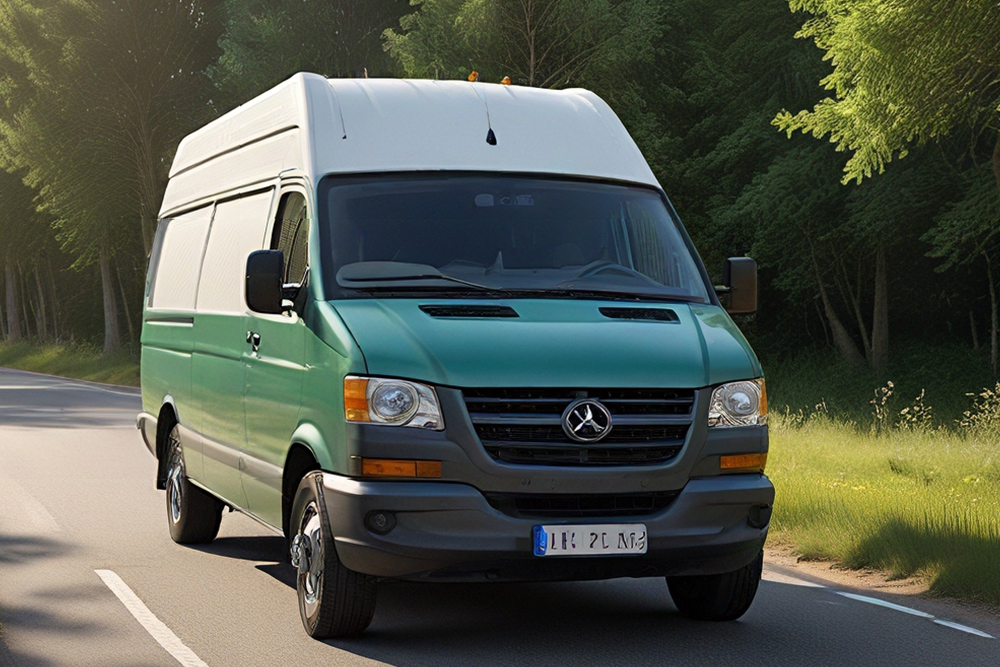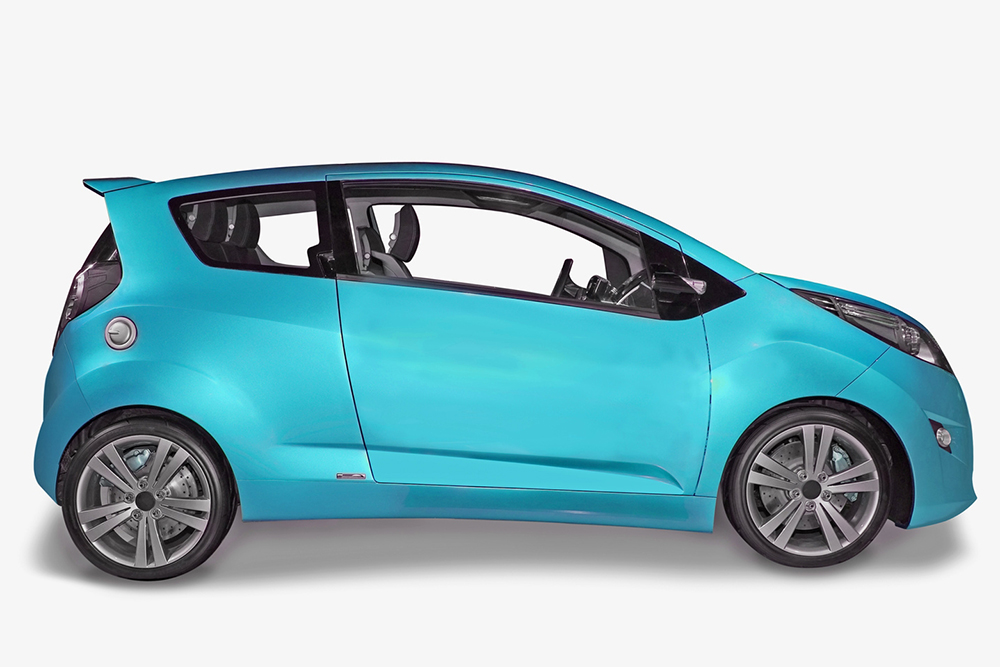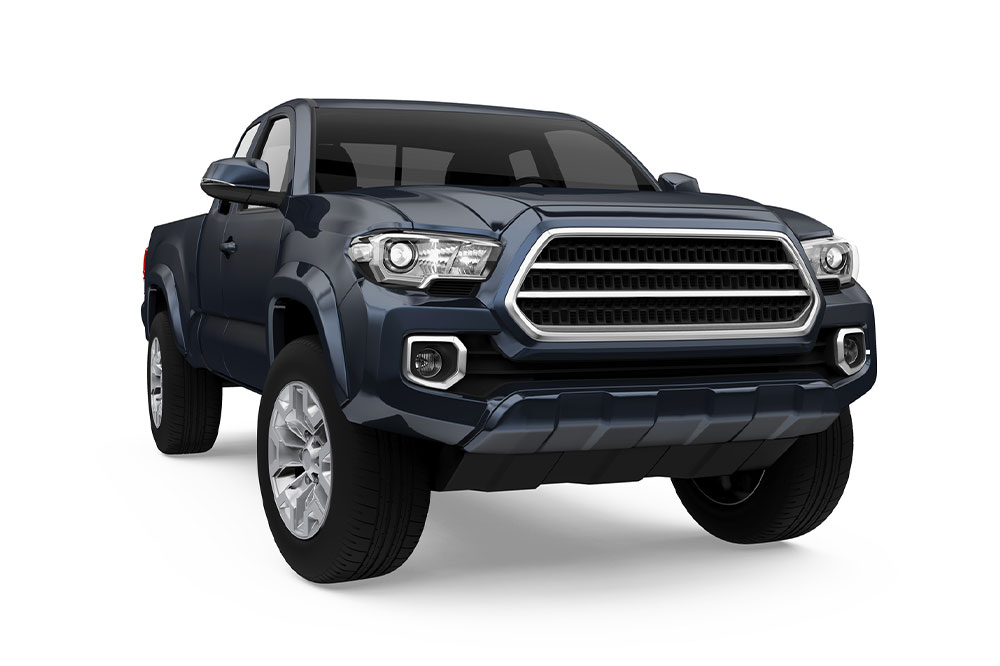Essential Tips for Buying a Pre-Owned Van
Discover essential tips for buying a used van, including assessing seller credibility, checking vehicle condition, reviewing history reports, and understanding costs involved. This guide helps buyers make informed decisions, ensuring a reliable and cost-effective purchase. Whether buying privately or from a dealership, these insights will aid in selecting a quality used van that fits your needs and budget.

Essential Tips for Buying a Pre-Owned Van
Vans are popular choices for both business and personal use due to their spaciousness and versatility. New vans tend to be expensive, often starting around €30,000, so purchasing a used van can be a more affordable alternative. However, to make a smart buy, it's important to consider several key factors before completing the purchase.
1. Seller Reputation
Whether buying from a private individual or a dealership, verifying the credibility of the seller is crucial. Private sellers offer direct sales, which can save money but carry risks if the seller is not trustworthy. Always ensure the seller's details are verified and the van is registered under their name. When approaching a dealership, research their reputation through reviews and customer feedback.
2. Vehicle Condition
Assessing the condition of a used van is vital. Do not rely solely on its exterior appearance; inspect the interior and mechanical parts thoroughly. If the price seems unusually low, consider having a trusted mechanic evaluate the vehicle. If the seller refuses, it could be a warning sign. A professional inspection helps identify hidden issues and ensures value for money.
3. Vehicle History Reports
Reviewing the van’s history is essential. A comprehensive report reveals ownership records, accident history, major repairs, and legal matters. Obtain this report from official sources like the Directorate-General for Traffic (DGT) to make an informed decision and avoid vehicles with problematic backgrounds.
4. Test Drive
Always test drive the van to evaluate its handling, braking, and overall driving experience. Even after a mechanic's inspection, a test drive provides additional insights. If uncomfortable or the vehicle doesn’t perform well, consider other options.
5. Mileage Check
Analyze the odometer reading to estimate fuel consumption and wear and tear. Lower mileage generally indicates less engine and component stress, making it a better investment.
6. Registration Transfer
Be prepared to handle the registration transfer process yourself. Sellers or dealerships might not complete this step, so ensuring this is done accurately is important to avoid future legal issues.
7. Outstanding Taxes and Fees
Confirm that all mandatory vehicle taxes, like IVTM, have been paid by the previous owner. Unpaid taxes can lead to legal complications and additional costs. Request proof of payments or verify through official channels.
8. Overall Costs
Consider all associated expenses, including repairs, insurance, taxes, and registration fees. Setting a clear budget beforehand helps narrow down options. Use online listings with filters like "used vans under €5000" or "vans near me under €10000" to find suitable choices.










